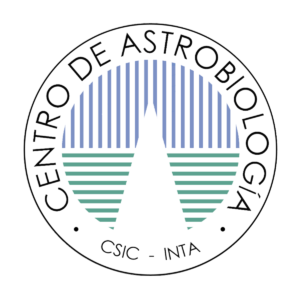Search for new mechanisms of resistance to perchlorate in micro-organisms in extreme environments
Supervisors: José Eduardo González Pastor
I graduated in Biochemistry from Universidad de Castilla-La Mancha (UCLM) with Master in Molecular Biomedicine from Universidad Autónoma de Madrid (UAM). During my university studies, I stayed in different laboratories. In 2015, I participated in the development of co-cultures of rat neurons and oligodendrocyte precursors as a model for the study of myelinization in the Neuroinflammation laboratory of Hospital Nacional de Parapléjicos (HNP). In 2016, I obtained a collaboration grant for the study of the effects of s-resistin hormone central inhibition in the adipose tissue in the Biochemistry laboratory of the Biochemistry Faculty of UCLM. From 2016 to 2018, I worked in the laboratory of Dr. Balbino Alarcon in Centro de Biología Molecular Severo Ochoa (CBMSO), where I completed my Master’s Thesis participating in the optimization of an in vitro system for the study of germinal center generation and the production of high affinity immunoglobulins against clinical antigens. Currently, I am doing my PhD in Spatial Research and Astrobiology in Universidad de Alcalá (UAH) and specifically in the search of novel mechanisms for perchlorate resistance in microorganisms from extreme environments by functional metagenomics and transcriptomics. We study perchlorate resistance because perchlorate because it has a mayor astrobiological interest nowdays but it is very toxic for most microorganisms. Furthermore, we are studying the perchlorate tolerance of hyperhalophilic microorganisms and the role of queuosine in the resistance to perchlorate and other types of stress.
| Keywords | extremophiles, extreme environments, functional metagenomics, perchlorate, hyperhalophilic microorganisms |






